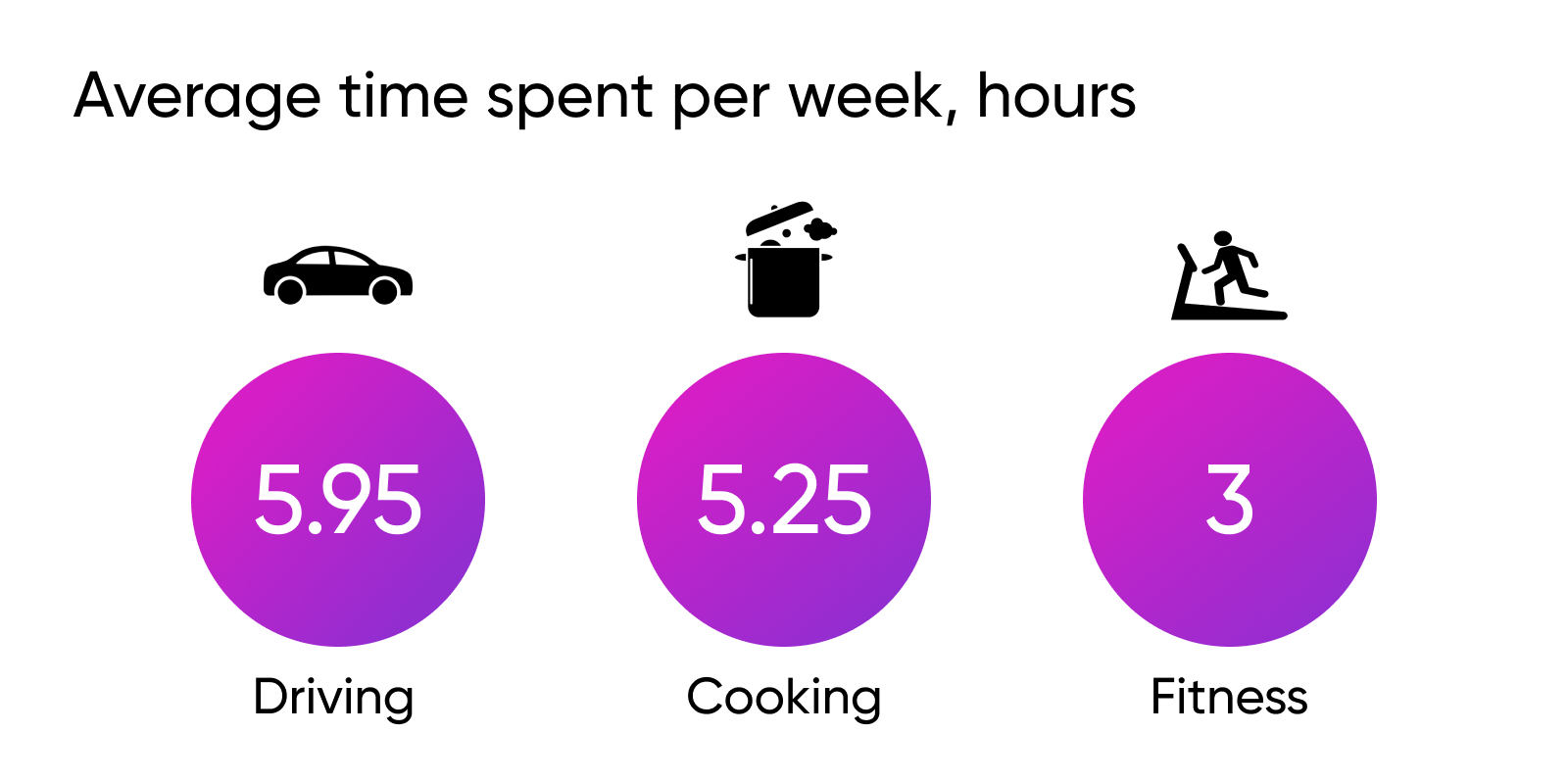
Voice Agents today are not just a trend, but a new reality.
Сompanies, such as Amazon, Apple, and Google, have been developing voice assistants ready to help consumers with whatever they need.
In 2022, the number of voice assistant users only in the United States has surpassed 142 million people, which indicates a significant share of demand, as per Insider Intelligence.
 Source: Insider Intelligence
Source: Insider Intelligence
It comes out that familiar voice assistants have limitations in business use, as Amazon's experience with Alexa AI has shown. The Alexa division is part of the "Worldwide Digital" group at Amazon, which reportedly lost over $3 billion alone in the first quarter of 2022, and moves forward to lose $10 billion this year. So what went wrong?
The business model underlying Alexa failed to justify itself. The company believed that the Echo device, which they sold to consumers, would ease Amazon purchasing and lead to more sales, hence the income. “We want to make money when people use our devices, not when they buy our devices”—said Amazon CEO, Jeff Bezos. However, Alexa has never managed to create an ongoing revenue stream despite a billion user interactions a week.
People actually like using Alexa. It became a handy tool for playing music, requesting information from Wikipedia, checking the weather forecast, or telling children bedtime stories. But when it comes to purchasing, it turned out that people are not comfortable enough to buy anything without seeing a picture or reading product reviews and don’t trust an AI with their money.
Each subsequent plan to monetize Alexa led to nothing, so after 8 years Amazon got tired of burning cash. One former employee called Alexa "a colossal failure of imagination," and "a wasted opportunity".
Shed light on the voice assistants' future
Amazon's experience may look like voice assistants can't help business increase their income, get new customers or encourage them to get more products.
Or does it?
What we know now is that voice assistants are convenient for daily usage.
They speed up and ease searching things via the Internet, as typing speed is three times lower than speaking.
Also, voice search is a great way out in a situation where your hands are busy.

People are not ready to purchase a product they can’t see, but what happens if they have such an opportunity? Alexa's case shows that it's time to step forward to the next generation of voice assistants that can engage users while surfing the website or app.
JIQ voice assistant in retail apps allows customers to make purchases in a conversational mode and combine shopping with other things, be it cooking, driving, or doing sports. The assistant navigates through an app, searches for products in the catalog, and makes an order.
Retail Video Agent looks, speaks, sounds, and even thinks like a human to help consult consumers online. It can inform about new products and special offers and give consumers a new way of interacting with apps and web stores. Video Agent aims to grow the average bill and motivate consumers to complete the purchase of goods added to the cart. And the best thing, AI is constantly learning from the consumers’ activity and suggests products to users based on their personal interests.
Get JIQ Retail Video Assistant to gamify b2c communications
Video Agent for retail apps accelerates your customers’ everyday online shopping experience. Now they can manage online cart and make purchases in-web or in-app with their voice.







